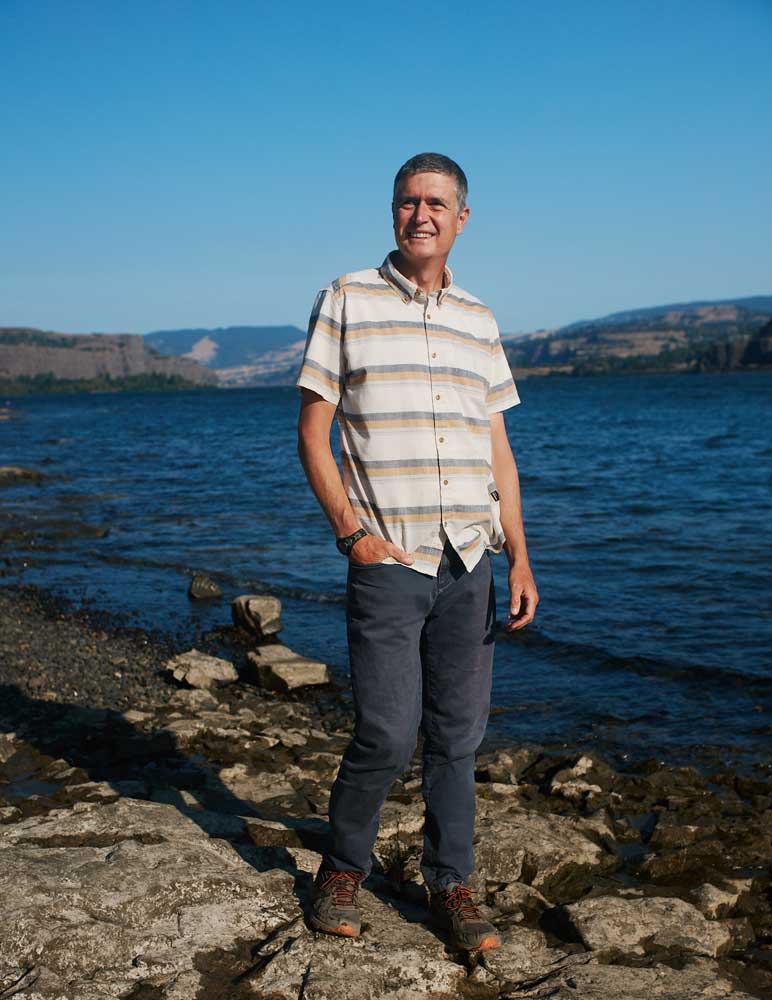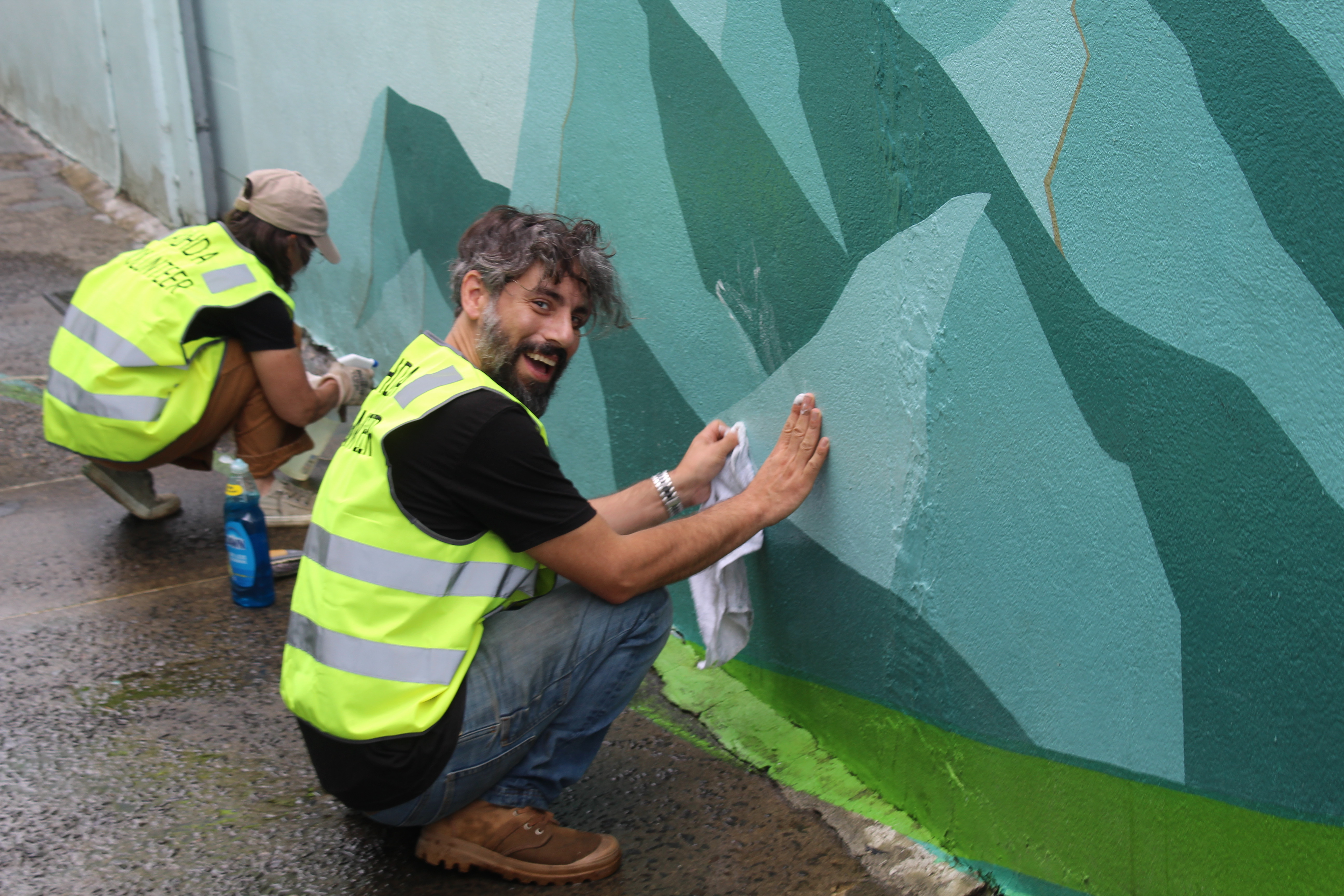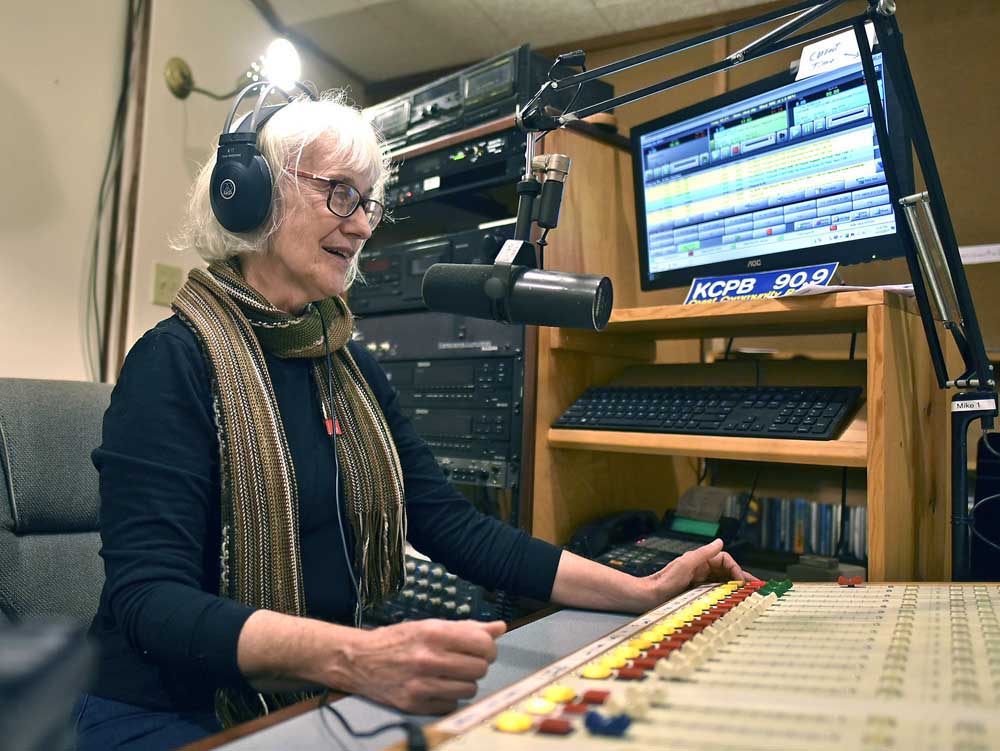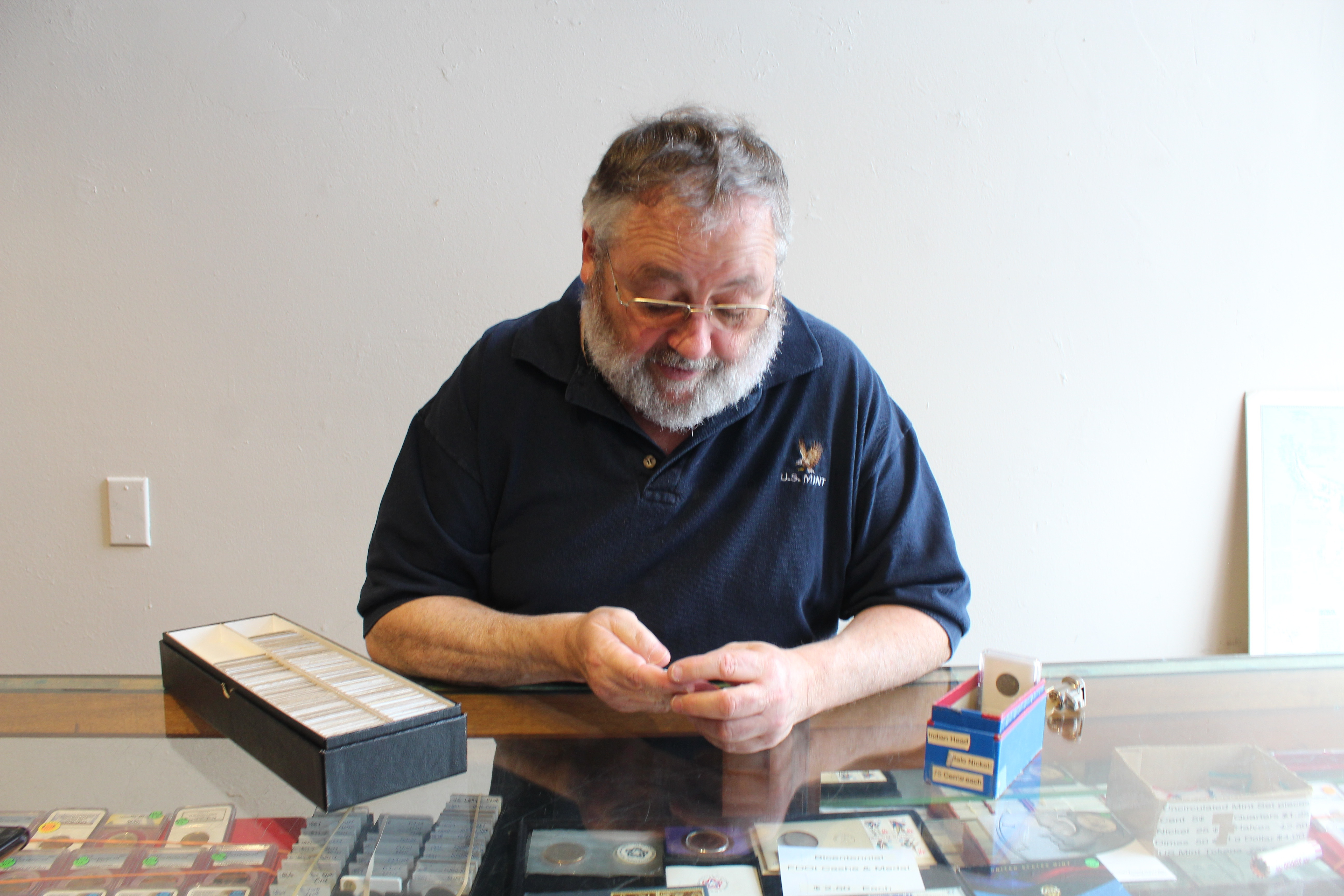Behind the News: ‘It’s really important to have a watchdog group’
Published 12:30 am Saturday, May 21, 2022

- Brett VandenHeuvel is stepping away as executive director of Columbia Riverkeeper.
Behind the familiar red T-shirts and the protest signs of local activists, Columbia Riverkeeper provided important organizational, policy and legal framework in the long fight against liquefied natural gas projects on the North Coast.
Trending
The grassroots campaigns painted the LNG projects in Warrenton and at Bradwood Landing as threats to the environment, fishing and safety and undermined claims of economic benefit.
While the projects faced considerable financial and regulatory pressures, Brett VandenHeuvel, the executive director of Columbia Riverkeeper, credited the activism.
“The projects were marching forward. Every politician at the time was in favor of them,” he said. “It wasn’t until the activists and — specifically, the people of Clatsop County, some of which probably wouldn’t have called themselves activists at first, people who cared deeply about their community, about their family, about their health — stood up and protected their community.
Trending
“Only then did people start paying attention.”
VandenHeuvel, who has served as executive director of Columbia Riverkeeper since 2009, is stepping away in August to work as a national consultant on climate and clean water strategies. Lauren Goldberg, the environmental group’s legal and program director, will take on the leadership role.
In an interview via Zoom from Hood River, VandenHeuvel discussed public attitudes toward the environment and climate change, the victories over LNG and the prospects for other large industrial projects along the river.
Q: How have public attitudes on the environment changed over your time at Columbia Riverkeeper?
A: There’s a lot more interest in clean water and, certainly, climate. I think we’ve seen the effects of how polluted rivers, how toxic drinking water has harmed our communities.
I see more and more people valuing the importance of protecting that.
And then, on the climate front, it’s hitting us in the face — the impacts of climate change, from droughts and heat domes and wildfires. Any debate about whether we need to address climate change, I think, is done.
It’s just how quickly, and how aggressively, are we going to take action and make some real change.
Q: How do you raise awareness about climate change among people who are facing more immediate economic and social struggles?
A: First, as a society, addressing those immediate economic and social struggles is a huge priority.
Climate impacts are a major problem for a lot of people. Environmental justice communities, low-income communities, are hit first and worst by the impacts of climate change across our nation and in our world.
We’ve seen people — low-income people — dying from extreme heat, even here in the Pacific Northwest. And, of course, it’s much, much worse in other parts of our nation and the world.
So I see them all intertwined. If we’re going to achieve real impacts on social justice, which we need to do, we need to have a clean, healthy environment that all people can use.
Q: Columbia Riverkeeper was instrumental in working with local residents on the North Coast to oppose LNG projects in Warrenton and at Bradwood Landing. How much weight do you give to the role activism played, as opposed to the financial and regulatory challenges these projects faced.
A: I put almost all of the weight of those victories over LNG on activism.
The projects were marching forward. Every politician at the time was in favor of them. It wasn’t until the activists and — specifically, the people of Clatsop County, some of which probably wouldn’t have called themselves activists at first, people who cared deeply about their community, about their family, about their health — stood up and protected their community.
Only then did people start paying attention.
And it was a multiyear process, that’s one of the things people forget about. Ultimately, you see several politicians oppose LNG, or you see a regulatory agency deny it, but that takes many years of community effort.
And Columbia Riverkeeper is really proud to play a role on the legal side of things. When state and federal agencies weren’t following the law, the public process, when they were rubber-stamping permits and moving too fast, we were able to win lawsuits and balance that along the way in a way that allowed for greater public participation and allowed for that activism to grow and to eventually prevail.
Q: Columbia Riverkeeper is challenging the $2 billion project by NEXT Renewable Fuels at Port Westward in Columbia County. The project is focused on renewable diesel, which the company claims would help reduce greenhouse gas emissions. What is your main objection?
A: There’s a long history of fossil fuel projects at Port Westward, from coal and oil and fracked gas proposals, including projects that have switched from ethanol to shipping oil.
So we have concerns about the uncertainty of that project, some of the backers of it, who have flipped to fossil fuel projects in the past.
And, in addition, some of the feedstocks — if it’s clearcutting rainforest to grow palm oil for a feedstock, that’s not a step in the right direction.
So we’ve been asking a lot of questions and raising concerns about it and trying to get answers. We’re certainly in favor of moving to clean energy and renewable fuels, but there’s a lot of outstanding concerns at Port Westward, including concerns from many of the community around Port Westward and Clatskanie and the farmers in that area, too.
Part of our effort has been trying to stop a rezone of 800 acres of agricultural land to switching to industrial land, which would literally pave the way for more dirty fossil fuel and industrial projects.
That rezone isn’t specifically about any one project, but that’s really important salmon habitat, and we’re working with the local community to try to keep that in agricultural use.
Q: Do you see a political risk that people might tune Columbia Riverkeeper and other environmental interests out if the perception is that you will oppose any big industrial project along the river?
A: For many of the large, fossil fuel projects we’ve seen threaten the Columbia, absolutely we’re going to oppose every one of those.
And I’m proud of that, and that’s the right thing to do. We cannot allow increased infrastructure that will be dependent on for decades for fossil fuels.
There are many, many, many other industrial projects that move forward on the Columbia. You look at the history over the last 50 years, or even the last 20 years since Riverkeeper has been an organization, many projects go unchallenged.
There are some that rise to the level of threat and danger and risk to the river and to the communities that it’s really important to have a watchdog group like Riverkeeper partner with local communities to stand up to these projects.
I think our influence has grown. I think it’s grown stronger as we’ve been successful in defeating large industrial projects and protecting the river.
There are very strong corporate interests, there are very strong fossil fuel interests, pushing these projects forward. We’ve seen that communities want an organization that will help them stand up to those big corporate interests.









